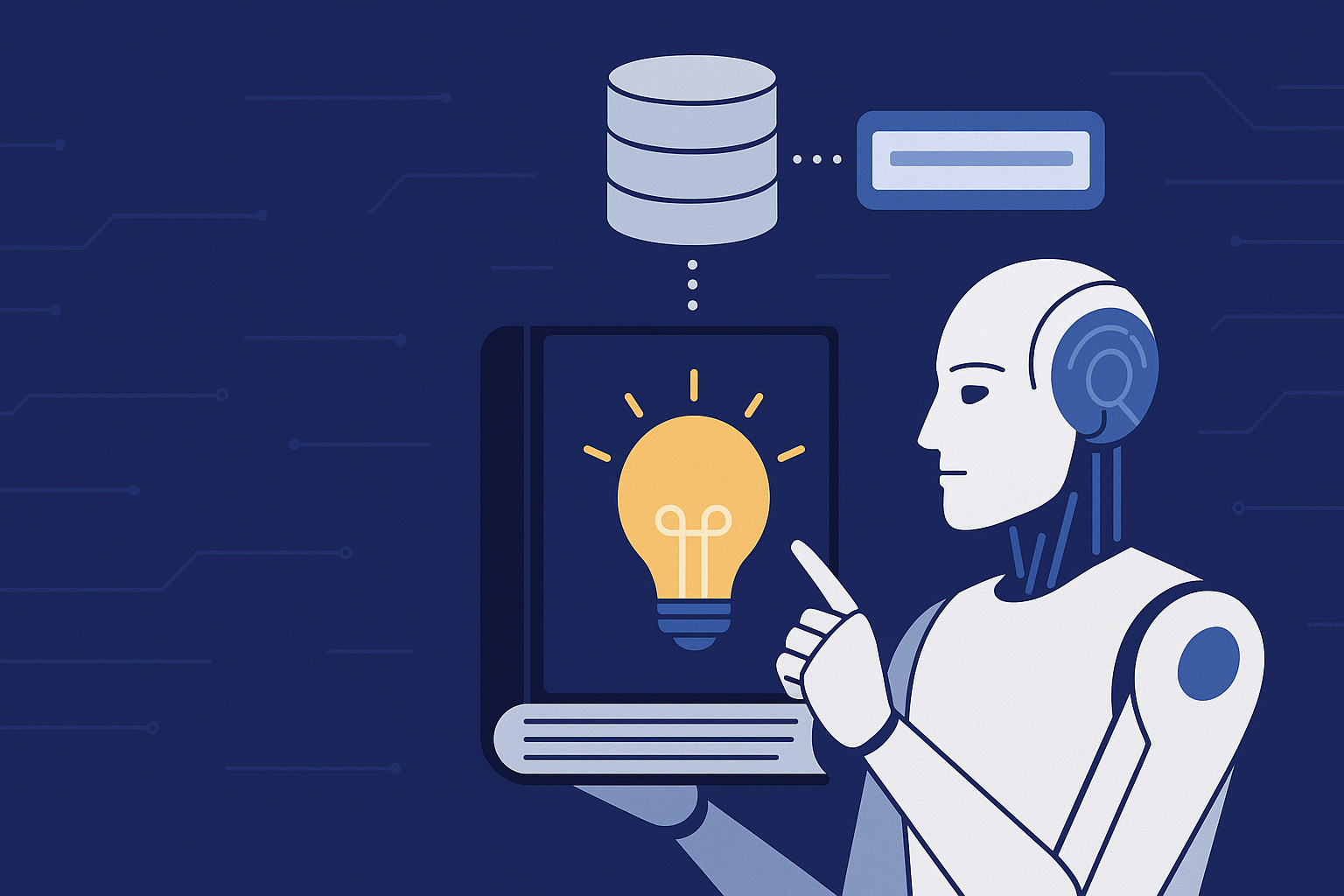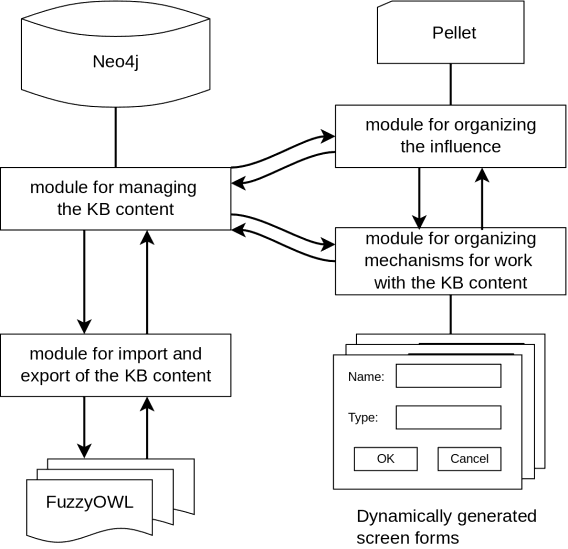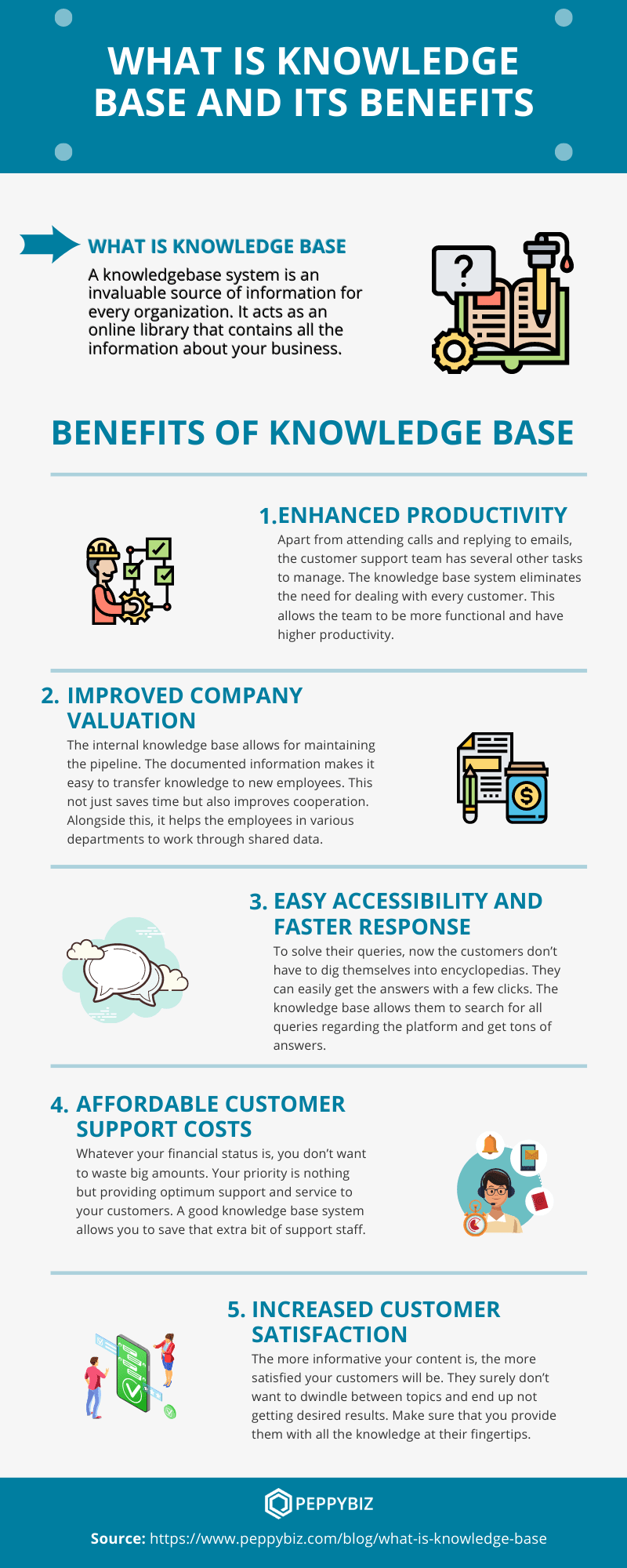The Power of AI Knowledge Bases

In today's fast-paced digital world, businesses and users alike are drowning in information. Imagine a customer struggling with a product issue at midnight, only to find instant, accurate answers without waiting for support. Or a team member quickly accessing company policies to make informed decisions. This is the magic of knowledge bases—a cornerstone of modern information management. For platforms like Chatvia.ai, which specialize in AI-driven chat solutions, knowledge bases aren't just helpful; they're essential for delivering seamless, intelligent interactions.
What Is a Knowledge Base?
At its core, a knowledge base is a centralized, organized repository of information designed to store, manage, and retrieve data efficiently. It's like a self-serve digital library containing articles, FAQs, guides, and resources about products, services, or industry topics. Unlike scattered documents or emails, a knowledge base structures content for easy navigation, often using search functions, categories, and tags.
Knowledge bases come in various forms:
- Internal Knowledge Bases: Used within organizations for employee training, process documentation, and collaboration. They help teams share insights and reduce knowledge silos.
- External Knowledge Bases: Customer-facing portals where users find answers to common questions, troubleshooting steps, or product details. Think of help centers on websites like Zendesk or Atlassian.
- AI-Enhanced Knowledge Bases: These integrate machine learning to dynamically update content, suggest related articles, or even generate responses based on user queries.
How Do Knowledge Bases Work?
Knowledge bases operate on a simple yet powerful architecture. Content is ingested from various sources—documents, databases, user inputs—and organized into a structured format. This often involves databases, search engines, and sometimes semantic technologies to link related information. Users interact via search bars, chat interfaces, or browsable categories, retrieving relevant results in seconds.
For a visual breakdown, here's a typical structure:

In advanced setups, like those powering AI systems, knowledge bases use ontologies or graph databases to represent relationships between entities, enabling more intelligent queries.
Why Are Knowledge Bases Important?
The true value of knowledge bases lies in their ability to transform how information is accessed and utilized. Here's why they're indispensable for businesses, especially in AI-driven environments:
-
Enhanced Efficiency and Productivity: By providing quick access to information, knowledge bases reduce the time spent on repetitive inquiries. For IT teams, this can slash support tickets by empowering users to self-solve issues. In organizations, they eliminate redundant tasks, allowing employees to focus on high-value work.
-
Consistency and Accuracy: Scattered information often leads to inconsistencies. A well-maintained knowledge base ensures everyone—from customers to staff—receives the same reliable answers, minimizing errors and building trust.
-
Scalability for Growing Operations: As businesses expand, so does their information volume. Knowledge bases scale effortlessly, handling increased queries without proportional staff growth.
-
Cost Savings: Self-service options cut down on support costs. According to studies, companies with robust knowledge bases see reduced operational expenses by automating routine support.
-
Improved Collaboration and Knowledge Sharing: They foster a culture of shared learning, where teams contribute and update content collaboratively.
For a quick overview of these benefits, check out this infographic:

Knowledge Bases in AI and Chatbots
In the realm of AI and chatbots, knowledge bases are the backbone of intelligent conversations. Traditional chatbots rely on scripted responses, but AI-powered ones—like those on Chatvia.ai—draw from knowledge bases to provide context-aware, personalized answers. This integration allows chatbots to handle complex queries, learn from interactions, and evolve over time.
Key advantages include:
- Faster Resolutions: AI chatbots pull from the knowledge base to resolve issues instantly, boosting customer satisfaction.
- 24/7 Availability: Users get help anytime, without human intervention.
- Data-Driven Insights: Analyzing query patterns helps refine the knowledge base, identifying gaps and improving content.
- Personalization: By understanding user context, AI can tailor responses, making interactions feel more human-like.
For Chatvia.ai users, this means deploying chatbots that not only answer questions but anticipate needs, turning support into a proactive experience.
Conclusion
Knowledge bases are more than just storage systems; they're vital tools for efficiency, innovation, and customer empowerment in an AI-centric world. Whether you're building a chatbot for Chatvia.ai or streamlining internal operations, investing in a robust knowledge base pays dividends in time, cost, and satisfaction. Ready to supercharge your AI chats? Start curating your knowledge base today and watch your platform thrive.
